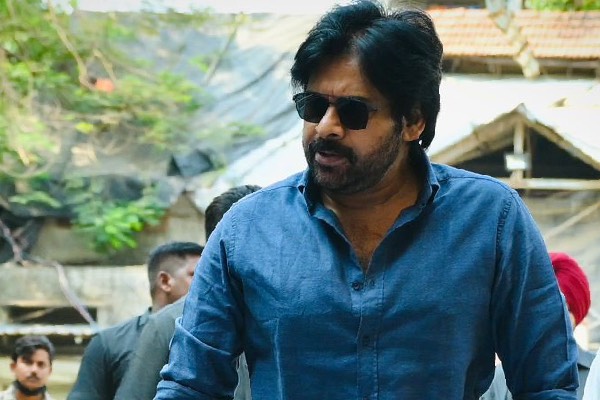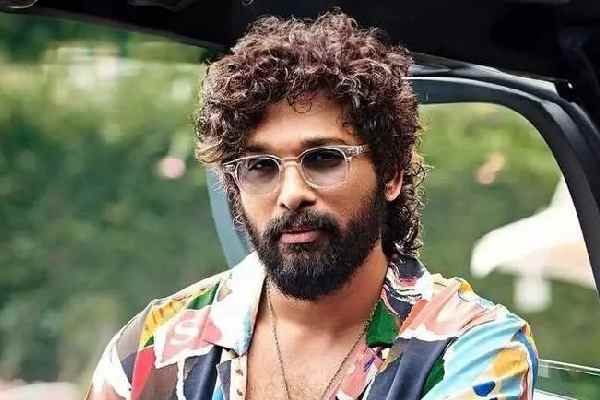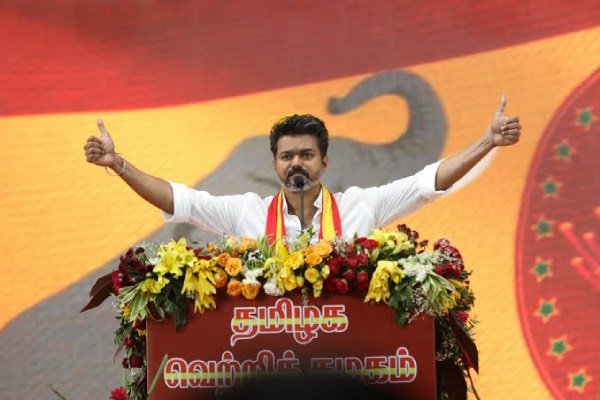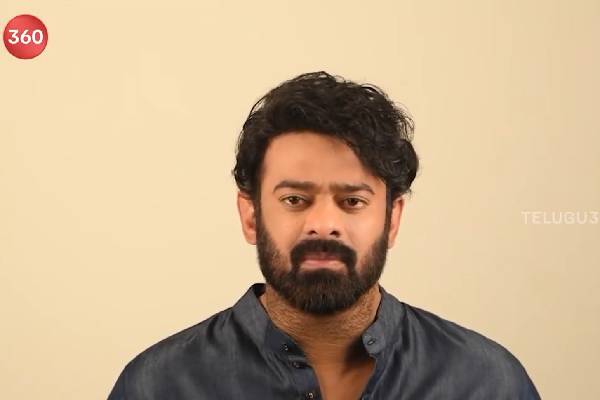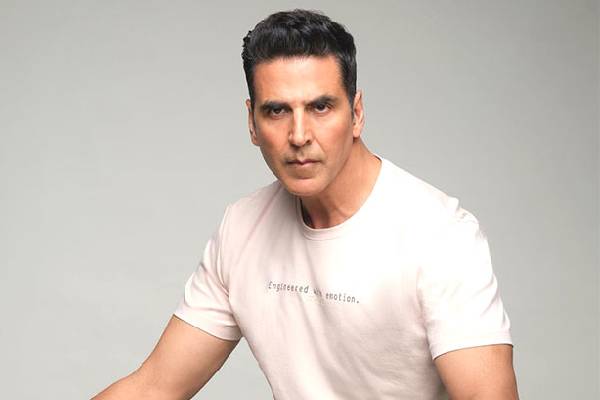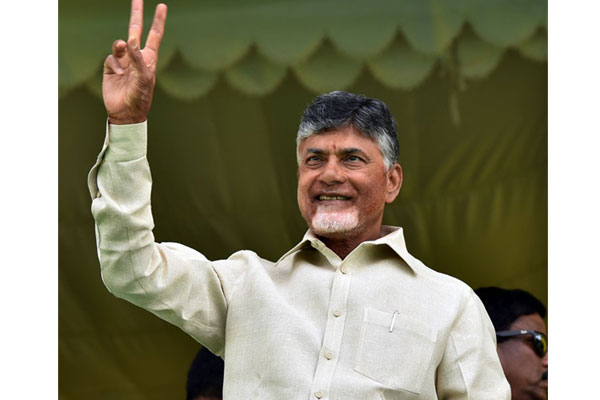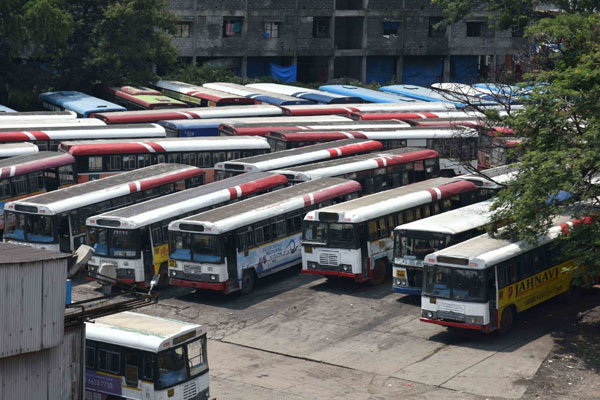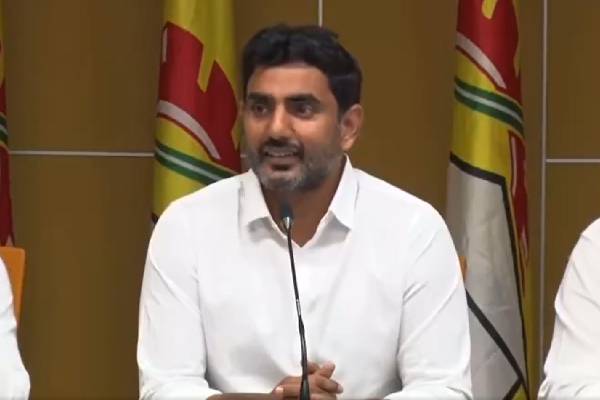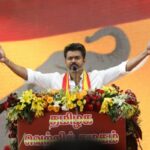It was in 2004 that Nara Chandrababu Naidu met his nemesis in Y.S. Rajasekhara Reddy in the then undivided Andhra Pradesh. Fifteen years later he faces a similar threat from his son Y.S. Jaganmohan Reddy in the now truncated state.
The Telugu Desam Party (TDP) chief is perhaps facing the biggest challenge of his four-decade-long political career in the fierce battle for power against Jagan, as the YSR Congress Party (YSRCP) chief is popularly known.
If surveys by different media organisations are any indication, Jagan seems to be edging ahead of Naidu in what was earlier expected to be a neck-and-neck race for the 175-member Assembly and 25 Lok Sabha seats going to polls on April 11.
Buoyed by series of defections from the ruling party and the tremendous public response to his election rallies, Jagan is confident of achieving his long-cherished goal of becoming the Chief Minister.
Political analysts say Naidu’s flip-flop on the issue of Special Category Status (SCS) to the state, on ties with the BJP and his sudden friendship with the Congress, his bitter enemy of over 35 years, may prove him dear.
In the 2014 elections held in the aftermath of the state’s bifurcation, the people reposed faith in Chandrababu Naidu. As the state was making a beginning without even a capital, people preferred Naidu for his vast political and administrative experience and as someone seen by many as the architect of the modern Hyderabad.
As the campaigning gathered momentum, Naidu, who will turn 69 next month, is harping on the ‘conspiracy’ jointly hatched by Prime Minister Narendra Modi, Jagan and Telangana Chief Minister K. Chandrashekhar Rao.
On the other hand, 46-year-old Jagan is urging people to give him a chance to usher in ‘Rajanna rajyam’ , a reference to the rule of his late father YSR, who was credited with introducing many path-breaking welfare schemes for poor and weaker sections of the society.
Naidu fought the previous elections in alliance with the BJP and was a partner in BJP-led NDA government at the Centre. He had accepted a special package offered by the Centre in lieu of SCS and had even defended himself with the argument that SCS was not a panacea.
It was last year that Naidu took a U-turn, apparently after he came under flak from opposition especially the YSRCP, which tried to capitalise on the TDP’s failure to achieve SCS and other commitments made by the Centre at the time of the state’s bifurcation.
In an attempt to compete with YSRCP as the vanguard of the state’s interests, Naidu pulled out of NDA and even moved a no-confidence motion against the Modi government. With the Congress coming out in support of the motion and promising to confer SCS if it came to power at the Centre, Naidu joined hands with the party in a total reversal of TDP’s policy since its inception in the early 1980s. He even initiated efforts to cobble up a Congress-led front at the national level to take on BJP.
With Jagan undertaking a state-wide ‘padyatra’ and making several promises, Naidu announced series of sops for various sections of the people.
With every passing day, Naidu sharpened his attack on Modi and accused Jagan of being hand-in-glove with the Prime Minister to protect himself in corruption cases.
His relations with Telangana Chief Minister K. Chandrashekhar Rao strained further as he joined the Congress-led front to contest Assembly elections in that state and even campaigned aggressively in and around Hyderabad. However, this experiment of a grand alliance ended in a disaster as the Telangana Rashtra Samithi (TRS) retained power with a landslide majority.
The Congress, which was Naidu’s ally in Telangana, is contesting the elections in Andhra Pradesh on its own. The BJP is also fighting the solo battle. While both the national parties are not expected to have any major impact, the entry of actor Pawan Kalyan’s Jana Sena spiced up the election scene. Fighting the elections in alliance with the Left parties and the Bahujan Samaj Party (BSP), Jana Sena could upset YSRCP’s applecart.
A slight swing may alter the fortunes and this can’t be ruled out considering the statistics of 2014. The difference of votes polled by TDP-BJP alliance and YSRCP was a mere 1.6 per cent in Assembly elections and 2.34 per cent in the Lok Sabha polls. The TDP-BJP had won 106 Assembly seats while YSRCP bagged 67. The opposition party later lost 24 MLAs to TDP.
The TDP had bagged 15 Lok Sabha seats while BJP got two seats. YSRCP got eight seats but three of the MPs later defected to the TDP.





















